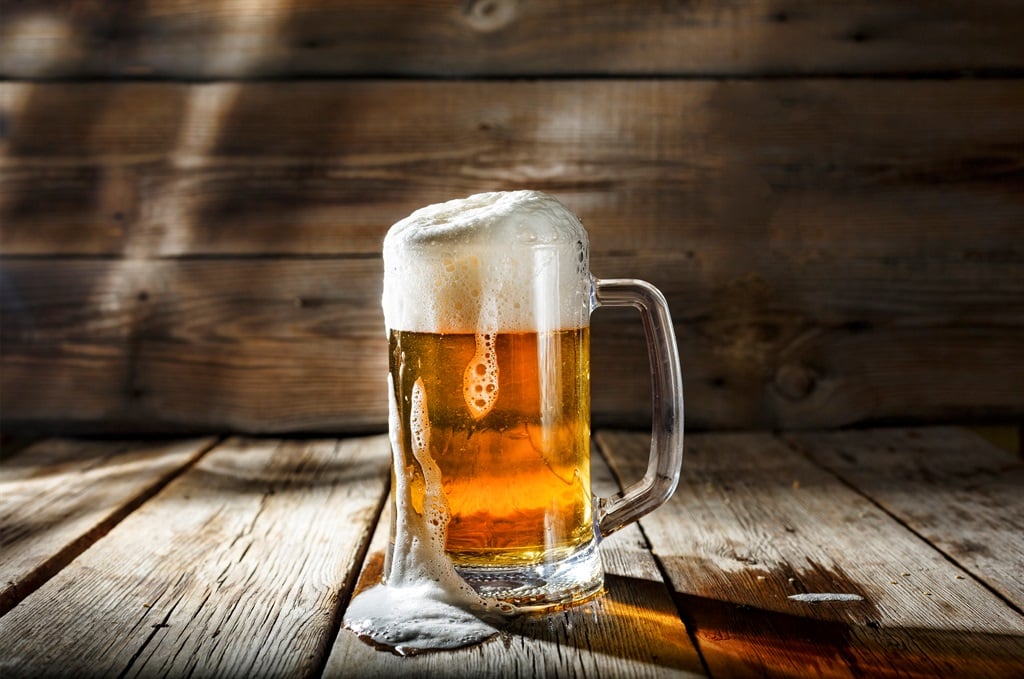
According to the World Health Organisation, about a quarter of all alcohol beverage consumption globally is unrecorded.
Unrecorded alcohol is a wide category that comprises everything from the beer brewed by aficionados at home to illegal and sometimes destructive bootlegging practices.
Recent studies by Euromonitor International demonstrate that in many countries, particularly emerging markets, the percentage of unrecorded alcohol can sometimes be more than half of the total alcohol market.
What’s more, often it is dominated by organisations that control large counterfeiting and contraband operations.
In those countries, the illicit alcohol market creates serious safety risks for consumers, erodes the rule of law, denies the government much needed fiscal income and makes growth for legal businesses much harder.
What is the root cause of this illicit market? Poor enforcement is an obvious contributing factor, and indeed improved enforcement is critical. But we would argue that the main drivers, while often well-intentioned, are badly designed public policies that seek to reduce harmful drinking.
To be clear, we are active supporters of policies that reduce harmful drinking. However, as Euromonitor and recent research from the Organisation for Economic Cooperation and Development demonstrate, when taxes increase to the point that prices exceed consumers’ purchasing power, then illicit beverages become cheaper alternatives, illegal production blossoms, dangerous products enter the market and fiscal income dwindles.
Some governments and businesses are turning their attention to address the illicit alcohol market.
Alas, some proposed solutions actually exacerbate the problem, such as costly tax stamps that make legal products more expensive to consumers while failing to tackle the root of the problem.
In other areas, we are seeing progress in stemming the rise of illicit alcohol.
Our Impala beer in Mozambique, for example, has brought about benefits to a multitude of stakeholders.
Impala is a beer made from cassava, a local smallholder crop.
The government of Mozambique designed a specific excise regime that allows us to sell this beer at two-thirds the price of a regular mainstream lager, making it an affordable, high-quality alternative to illegal alcohol.
This not only makes for safer drinking for consumers, but provides the government with gains from increased tax revenue.
This project has also enabled more than 8000 cassava farmers, and their families, to benefit from a profitable, sustainable market for their crop, demonstrating a shared commitment to create win-win outcomes for local businesses, communities and governments.
Illegal alcohol is the worst form of harmful consumption globally; it is bad for consumers, communities and business.
As we look to the future, we are committed to taking action to preserve consumer choice and health, protect public safety and governments’ revenue, and look for additional win-win growth opportunities.
We are convinced that, with the proper legal framework, affordable beer is the best gatekeeper against the illicit alcohol market.
• Brito is chief executive of Anheuser-Busch InBev NV.




 Publications
Publications
 Partners
Partners








